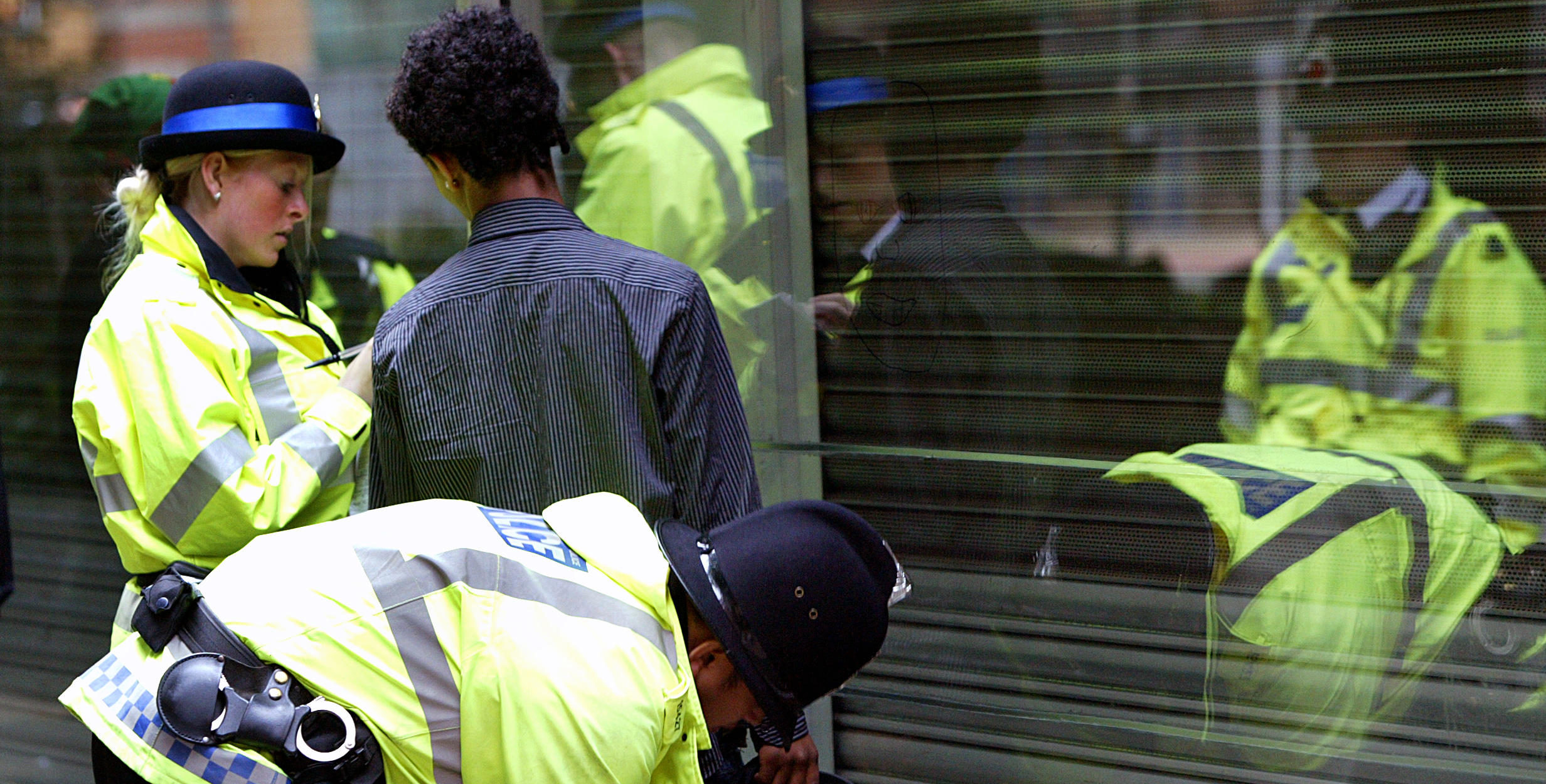As pointed above-it could have been avoided.
The way I see it she played a F***ing stupid game and got a stupid prize. If you don’t co operate with police then you deserve all you get wether that be handcuffs or arrest.
To many knobs in this country who, armed with a human rights book and a smart phone, with a bit of self entitlement think they can do what they want.
It’s a disciplined organization to uphold the law and police with consent (to do that they need members of public to co operate) It’s better than almost every other country in the world.
Whilst we’re at it I think they should pursue the divvies on motorbikes thinking the roads are theirs. If they fall off and the balaclava doesn’t protect their heads then so be it. They know the risk.
Ps, I do feel for the child who had to witness that, poor sod thinks it’s acceptable behavior from his mother.
The way I see it she played a F***ing stupid game and got a stupid prize. If you don’t co operate with police then you deserve all you get wether that be handcuffs or arrest.
To many knobs in this country who, armed with a human rights book and a smart phone, with a bit of self entitlement think they can do what they want.
It’s a disciplined organization to uphold the law and police with consent (to do that they need members of public to co operate) It’s better than almost every other country in the world.
Whilst we’re at it I think they should pursue the divvies on motorbikes thinking the roads are theirs. If they fall off and the balaclava doesn’t protect their heads then so be it. They know the risk.
Ps, I do feel for the child who had to witness that, poor sod thinks it’s acceptable behavior from his mother.


